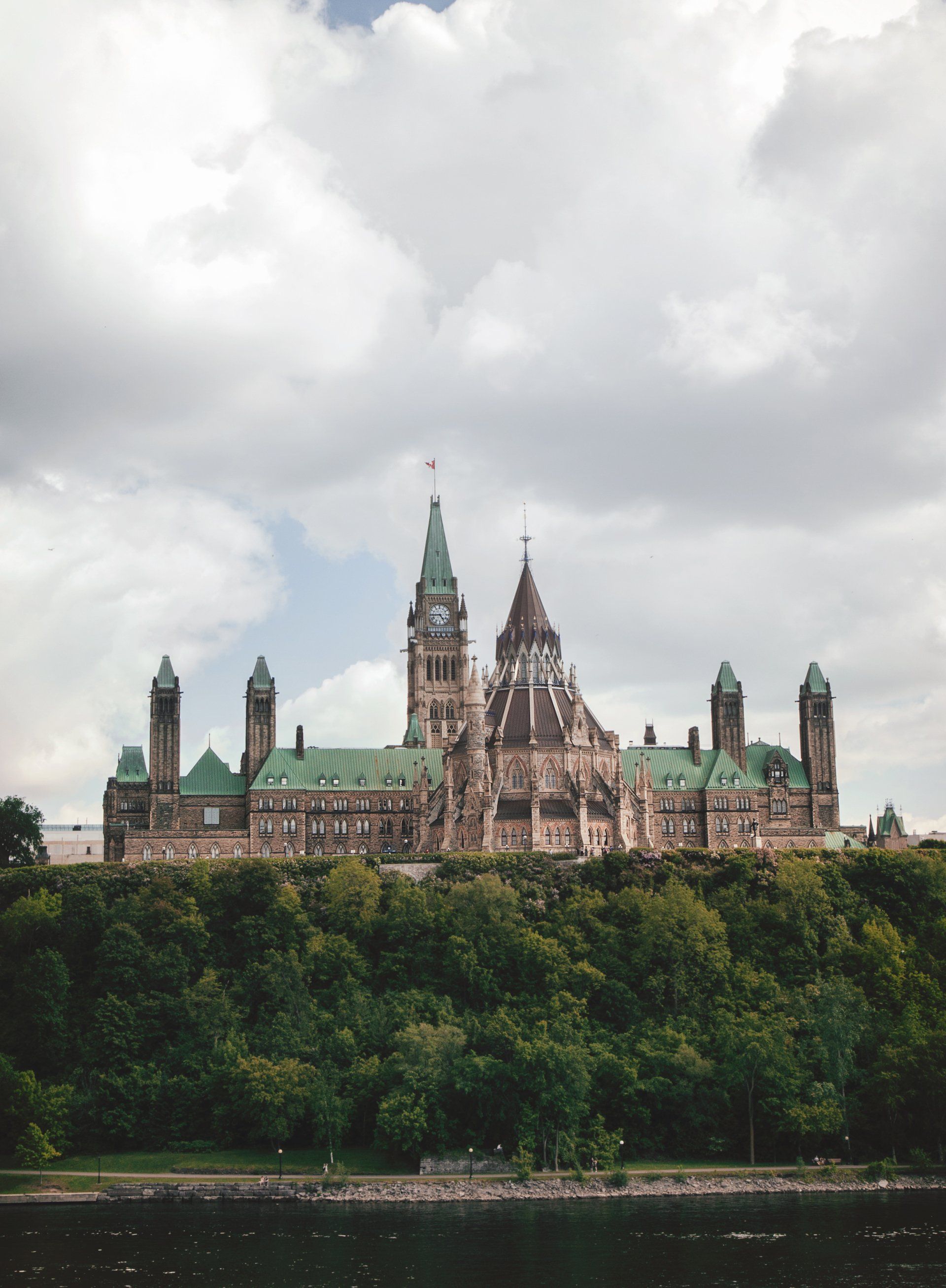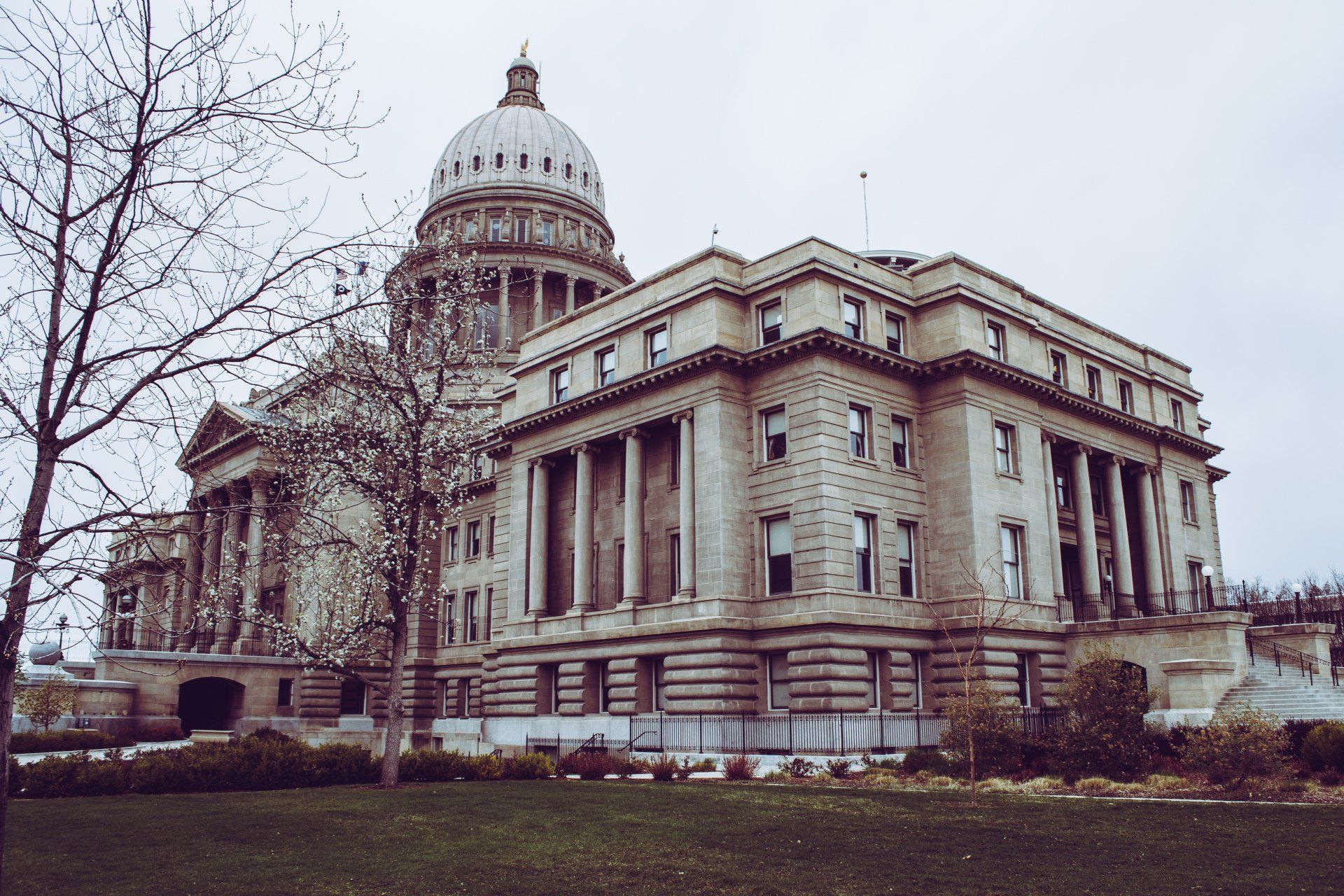Liberal Government's Planned Changes to the Competition Act
Context
The National Post reported on the Liberal Government’s announcement of changes that are coming for the Competition Act, in order to address the affordability crisis in Canada. The proposed amendments would enable the Competition Bureau to assess market conditions more accurately by collecting information from private companies to run studies.
Analysis
The Competition Bureau is a federally regulated law enforcement agency that is tasked with the enforcement of the Competition Act, a set of laws regulating competition within the Canadian market. The Competition Act specifically aims to ensure that small and medium businesses have a fair shot at operating in Canada and that consumers can access services and goods at competitive prices. The Act attempts to regulate monopolization and to prevent large mergers which may exert a significant influence over a particular market.
Currently, the Bureau relies on those private companies willing to cooperate and offer information to them. The second amendment would remove an “efficiencies defense”, which would allow certain mergers to proceed despite a measured negative effect on competition in the market, the loss of jobs, or consumer choice – if they can demonstrate that the merger would result in cheaper goods and services. However, there is no requirement that those hypothetical efficiencies will be passed to the consumer at cheaper prices.
The five biggest grocery chains in Canada make up about 76 percent of the entire grocery market. The Competition Bureau conducted a report published in June of this year in which they noted that in 2022, Loblaws, Sobeys, and Metro raked in $100 billion in sales and earned more than $3.6 billion in profit. The report noted that their high-profit margin is an indication that more competition in the market could be successful in driving down costs.
Some of those prominent grocery CEOs were called to the House of Commons early this year and questioned about their inflated grocery prices, which they suggested was partially due to higher supply costs. However, the report contradicts this claim by noting grocery profit margins have been increasing since 2017, despite the Covid-19 crisis and various issues with supply related to the war in Ukraine.
The report recommended Canada develop a strategy to encourage smaller grocery stores to capture some of that market and drive prices down, and noted it is becoming increasingly harder in Canada for smaller grocery companies as the larger grocery chains have been gaining more market share over time.
The article quotes some critics who claim that amending the Competition Act is not substantial enough to address the affordability of groceries. Enabling the Competition Bureau more oversight in addressing competition is likely a good move to combat the issue of monopolization, although it is unclear how this will address the affordability crisis anytime soon. Creating a more favorable market for smaller groceries to promote lower prices also seems like a long-term strategy.
Trudeau has however, also requested that the heads of some of the largest grocery chains including Loblaws, Metro, Sobeys, Costco, and Walmart, create a plan to lower food prices by Thanksgiving this year or face possible consequences – including future
taxes if their plan doesn’t result in significant savings. Although the threat of taxation might be more likely to impact prices, it is unclear what measures the government is actually willing to impose on the grocery giants, or to what degree Canadians could see their grocery bills decrease.


